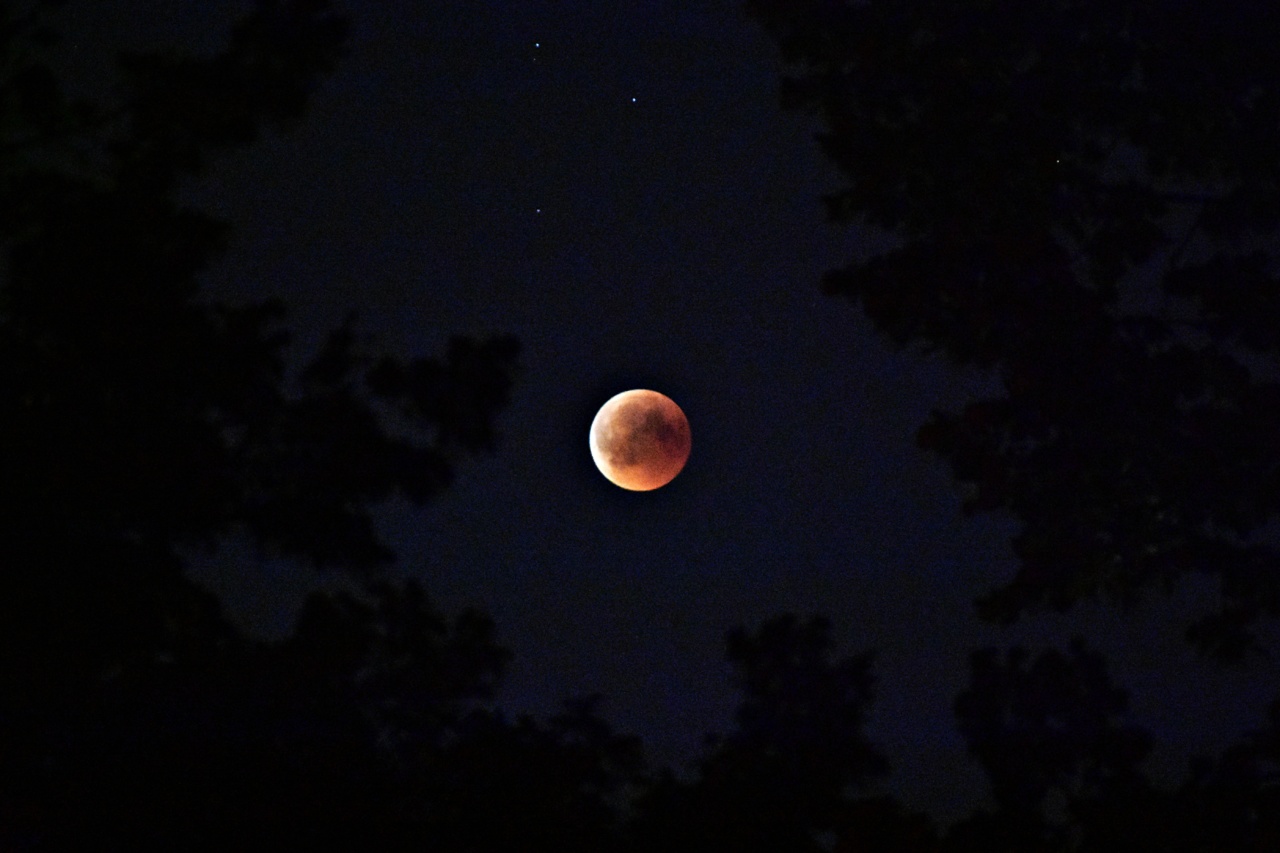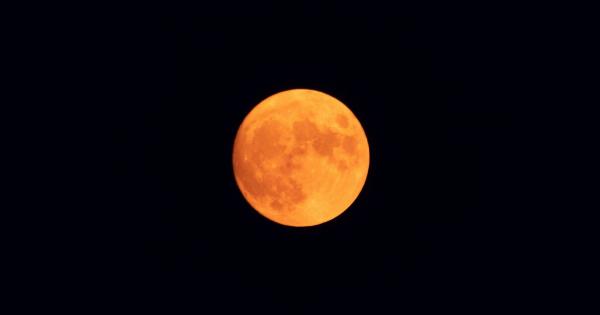The full moon has always been a subject of fascination and intrigue for humans.
Often associated with strange occurrences, bizarre behavior, and heightened emotions, the idea that a full moon can create chaos in our minds and bodies is a common belief held by many. This article delves into the myth surrounding the effects of a full moon and explores the scientific evidence behind it.
The Myth and Cultural Beliefs
Throughout history and in various cultures, the full moon has been associated with a myriad of beliefs and superstitions.
Many ancient civilizations believed that the full moon had the power to influence human behavior, leading to increased aggression, madness, and even transformations into werewolves. These beliefs continue to persist even in modern times.
The Lunar Effect
The idea that the full moon can influence human behavior is often referred to as the “lunar effect.” While this concept is widely popular, scientific research has failed to establish a direct correlation between the full moon and increased chaos in our minds and bodies. Numerous studies have been conducted to explore this phenomenon, with inconsistent and inconclusive results.
Do Emergency Rooms Experience More Chaos?
One popular claim associated with the full moon is that emergency rooms see a significant increase in chaotic events and unusual patient behavior during this lunar phase.
However, studies examining emergency room data have found no consistent evidence supporting this claim. The belief that the full moon leads to more accidents, injuries, or psychotic episodes in hospitals appears to be nothing more than a myth.
Effect on Sleep
Another area often associated with the full moon’s influence is sleep patterns. Some people believe that they experience more difficulty falling asleep or a decrease in the quality of their sleep during the nights of a full moon.
However, scientific studies on this topic have shown mixed results. While some studies have found a correlation between sleep disturbance and the lunar cycle, others have found no significant difference.
Increased Birth Rates
A common belief is that more babies are born during a full moon, suggesting a connection between the lunar cycle and human fertility. However, numerous studies examining birth rates over extended periods have found no evidence to support this claim.
The notion of a full moon causing an increase in birthing activity is purely anecdotal and lacks scientific backing.
Psychological Perception
It is essential to consider the psychological perception surrounding the full moon when examining claims of its influence.
The preconceived belief that the full moon has an impact on behavior and emotions can create a psychological bias, leading individuals to attribute unusual incidents and feelings to the moon’s influence, even when no scientific link exists.
Cultural and Folklore Influences
While scientific evidence may lack support for the full moon’s impact on our minds and bodies, cultural influences and folklore surrounding the moon persist.
The power of cultural beliefs and traditions should not be underestimated, as they continue to shape our perception of the world around us.
Conclusion
While the full moon remains a captivating celestial event and an object of fascination, the scientific evidence does not support the claim that it creates chaos in our minds and bodies.
The myth surrounding the lunar effect is deeply rooted in cultural beliefs and superstitions rather than concrete data. It is essential to approach such claims with skepticism and rely on scientific research to separate fact from fiction.






























